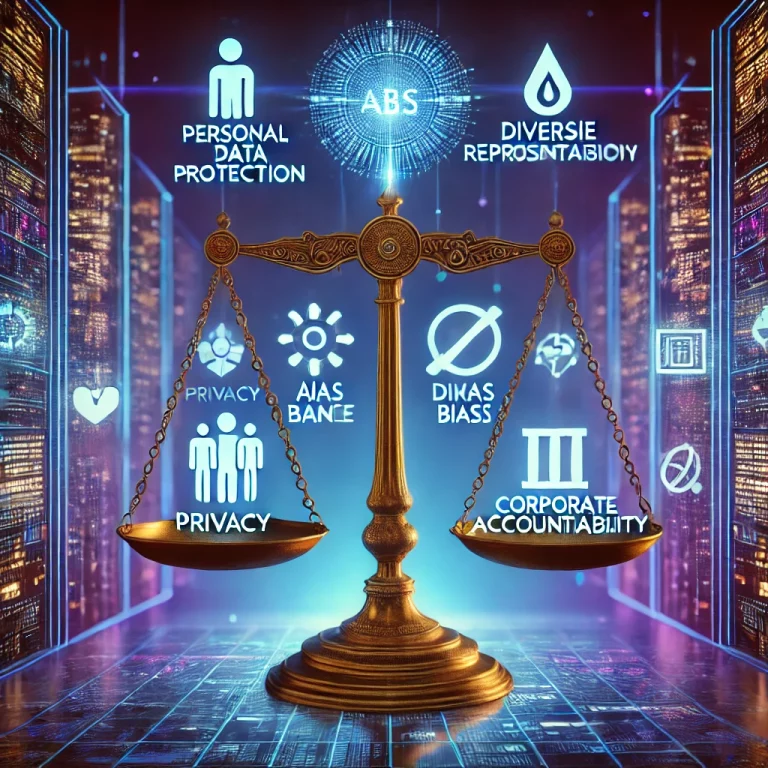
Introduction
Blockchain technology is often associated with cryptocurrencies like Bitcoin and Ethereum. However, its potential extends far beyond digital currency. As a decentralized, transparent, and secure method of recording transactions, blockchain is revolutionizing various industries, from finance and healthcare to supply chain management and voting systems. This article explores how blockchain is reshaping different sectors and why its impact is far-reaching.
Understanding Blockchain Technology
At its core, blockchain is a distributed ledger that records transactions across multiple computers. Each transaction is grouped into a block, and once verified, it is added to a chain of previous transactions. The decentralized nature of blockchain ensures transparency, security, and immutability, making it an ideal solution for various applications beyond cryptocurrency.
Revolutionizing Financial Services
While cryptocurrencies were the first application of blockchain, financial institutions are now leveraging the technology to enhance security and efficiency.
1. Cross-Border Payments: Traditional international payments are slow and costly due to intermediaries. Blockchain-powered solutions, such as Ripple, enable near-instant and low-cost transactions across borders.
2. Smart Contracts: These self-executing contracts with predefined conditions eliminate the need for intermediaries in agreements, reducing delays and enhancing trust in financial transactions.
3. Fraud Prevention: With a transparent and immutable ledger, blockchain minimizes the risk of fraud and unauthorized transactions, offering greater security to banks and financial organizations.
Enhancing Supply Chain Management
Blockchain provides unparalleled transparency and traceability in supply chains, benefiting businesses and consumers alike.
1. Product Authenticity: Companies can use blockchain to verify product authenticity, preventing counterfeiting in industries such as luxury goods, pharmaceuticals, and electronics.
2. Improved Tracking: From raw material sourcing to the final product, blockchain ensures accurate tracking of goods, reducing inefficiencies and improving logistics.
3. Ethical Sourcing: Consumers can trace the origins of products to ensure they align with ethical and sustainability standards.
Transforming Healthcare
The healthcare industry is plagued by issues related to data security and interoperability. Blockchain offers solutions that enhance patient care and data management.
1. Secure Medical Records: Patient data stored on a blockchain is secure, immutable, and accessible only to authorized personnel, reducing data breaches and ensuring privacy.
2. Drug Supply Chain: Blockchain helps track pharmaceuticals from production to distribution, reducing the risk of counterfeit drugs entering the market.
3. Interoperability: Healthcare providers can share patient data securely across institutions, improving diagnosis accuracy and treatment effectiveness.
Improving Voting Systems
Blockchain-based voting systems offer a solution to electoral fraud and inefficiencies in traditional voting methods.
1. Transparency and Security: Every vote recorded on a blockchain is tamper-proof and verifiable, ensuring fair elections.
2. Increased Voter Participation: Digital blockchain voting allows citizens to cast their votes remotely, making elections more accessible.
3. Fraud Prevention: The immutability of blockchain records prevents voter manipulation and enhances trust in election outcomes.
Revolutionizing Real Estate
Real estate transactions are traditionally complex and involve multiple intermediaries. Blockchain simplifies the process by offering greater transparency and efficiency.
1. Property Verification: Buyers can verify ownership history and legal status of properties through blockchain records.
2. Reduced Transaction Costs: Smart contracts eliminate the need for intermediaries, reducing costs associated with legal and administrative fees.
3. Faster Transactions: Blockchain accelerates property transfers by automating processes and ensuring secure record-keeping.
Conclusion
Blockchain is much more than the foundation of cryptocurrencies. Its applications across various industries are driving efficiency, security, and transparency. As technology continues to evolve, its adoption in diverse sectors will expand, transforming traditional systems and reshaping the way businesses and individuals operate. Whether in finance, healthcare, supply chains, or governance, blockchain is paving the way for a decentralized and secure future.





